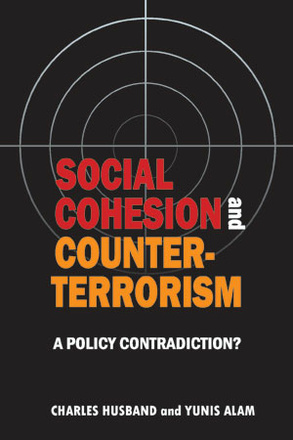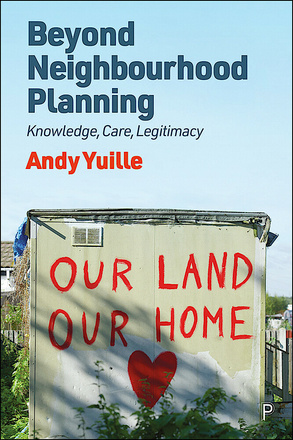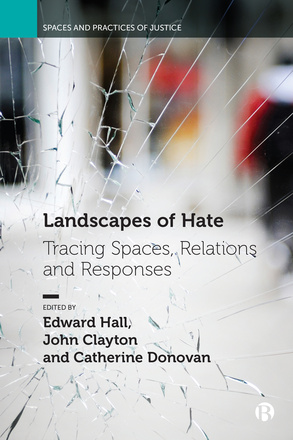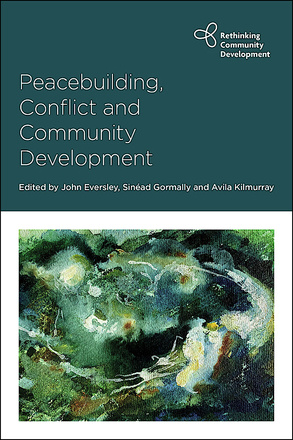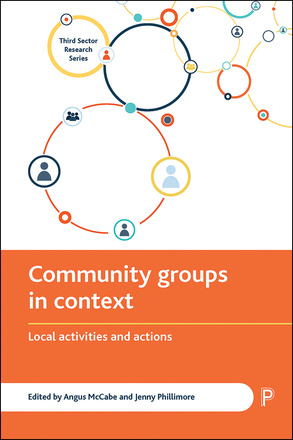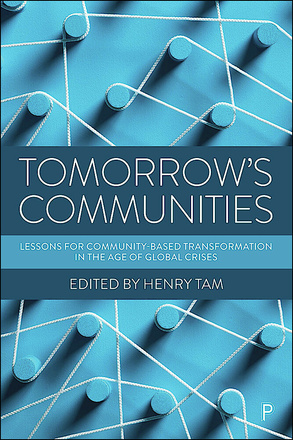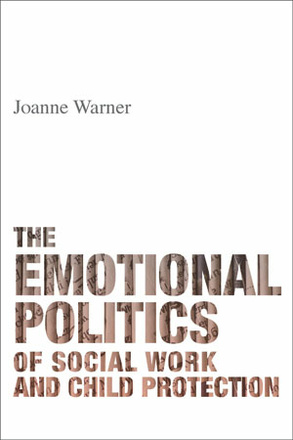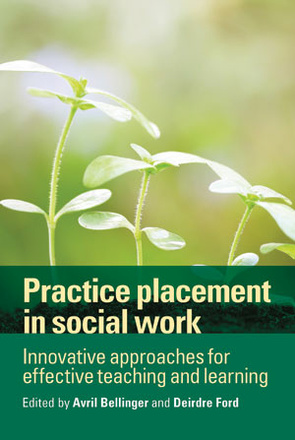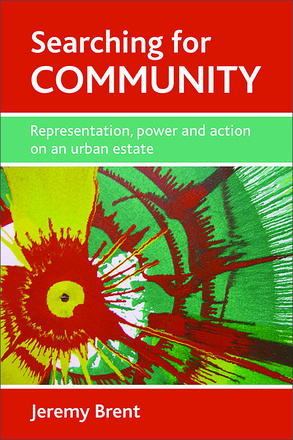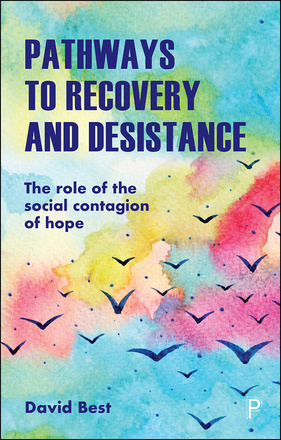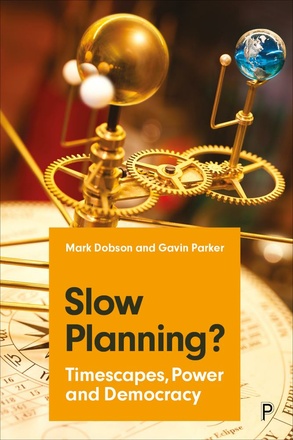Community Development
Social cohesion and counter-terrorism
A policy contradiction?
This book offers a unique research-based contribution to the debate around community cohesion and counter-terrorism policies in Britain. It is an essential read for academics, policy makers and practitioners concerned with the management of ethnic diversity.
Beyond Neighbourhood Planning
Knowledge, Care, Legitimacy
The past three decades have seen an international ‘turn to participation’ – letting those who will be affected by neighbourhood planning outcomes play an active role in decision-making. This innovative analysis brings theory, research, and practice together and gives insights into how and why citizen voices either become effective or get excluded.
Landscapes of Hate
Tracing Spaces, Relations and Responses
Providing a much-needed perspective on exclusion and discrimination, this book offers a distinct spatial approach to the topic of hate studies. It illustrates the role of specific spaces and places in shaping hate crime, and highlights efforts to challenge cultures of hate.
Peacebuilding, Conflict and Community Development
How can local communities effectively build peace and reconciliation before, during and after open violence? This trailblazing book gives practical examples, from the Global North and Global South, on communities alleviating conflict and enabling transformation in divided societies.
Community Groups in Context
Local Activities and Actions
Collates knowledge and examines the role and nature of community groups and activities operating outside of the formal voluntary sector in the UK to develop a coherent understanding about these so-called “below the radar” organisations.
Tomorrow’s Communities
Lessons for Community-based Transformation in the Age of Global Crises
This book sets out how people’s lives can be positively transformed through diverse forms of community involvement. It shows how communities can become more collaborative and resilient in dealing with the problems they face and provides a guide to what a holistic policy agenda for community-based transformation should encompass.
Realism and the Climate Crisis
Hope for Life
Hope must be mixed with realism in our approach to the climate emergency, and in this book philosopher John Foster presents a revolutionary approach to our pressing need for a habitable human future.
The Emotional Politics of Social Work and Child Protection
This book introduces the concept of emotional politics. It shows how collective emotions, such as anger, shame, fear and disgust, are generated and reflected by official documents, politicians and the media.
Practice Placement in Social Work
Innovative Approaches for Effective Teaching and Learning
This collection of innovative approaches to social work placements offers hope in the current climate of cuts to services and over-regulation. The international contributions offer practical guidance and challenge conventional approaches to placement finding, teaching and assessment in field education.
Searching for community
Representation, power and action on an urban estate
This book examines ways to understand and engage with the troublesome concept of 'community', presenting a variety of perspectives to challenge the ways in which areas of poverty and disrepute are represented.
Pathways to Recovery and Desistance
The Role of the Social Contagion of Hope
Available Open Access under CC-BY-NC licence. Using case studies and a strengths-based approach Best puts forward a new recovery and reintegration model for substance users and offenders leaving prison which emphasizes the importance of long-term recovery and the role that communities and peers play in the process.
Slow Planning?
Timescapes, Power and Democracy
A deep exploration on how questions of time and its organisation affect planning practice, this book questions ‘project speed’: where time to think, deliberate and plan has been squeezed. The authors demonstrate the many benefits of slow planning for the key participants, multiple interests and planning system overall.







